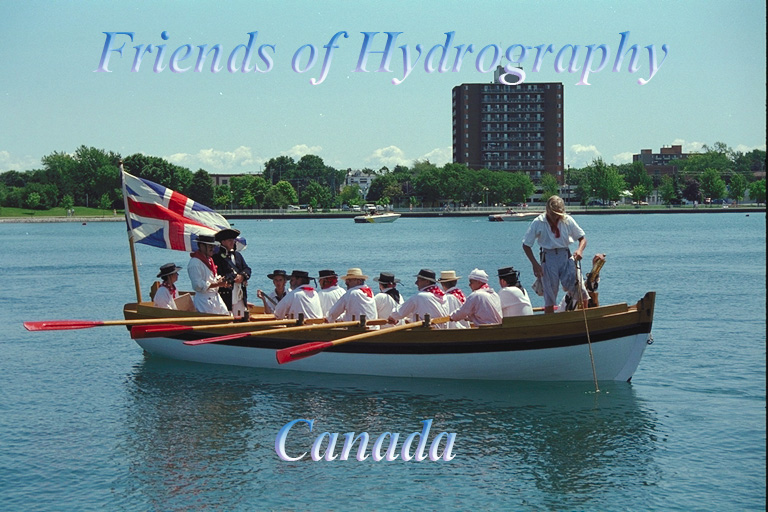University Training Plan
The University Training Plan was established in the early 1970’s by Dr. Arthur E. Collin, Dominion Hydrographer to further the academic standing of the hydrographic staff. The Plan provided for the achievement of an under-graduate degree and was kept in effect until the 1980’s.
|
Degree |
Institution |
Year Completed |
|
|
|
|
| Boudreau, Henry | BSc (CS) |
Acadia U |
198- |
|
|
|
|
|
|
|
|
|
|
|
|
|
|
|
198- |
|
|
|
|
|
BScEng |
|
|
|
|
|
|
|
|
|
|
|
|
|
|
|
U of T (Erindale) | 1978 |
|
|
|
|
|
|
|
|
|
|
|
|
|
|
|
|
|
|
|
||
|
BSc |
|
197- |
|
|
|
|
|
|
|
|
|
|
||
|
|
|
|
|
|
|
1980 |
|
|
|
|
|
|
||
|
|
|
|
|
|
||
|
|
|
|
|
|
|
|
|
|||
|
|
|
|
It is requested that any errors or omissions be brought to the attention of FOH so this listing can be as complete and accurate as possible.
The following are anecdotal observations by John Warren who was provided with the opportunity to join this program in 1971:
"I think that the CHS instituted UTP to provide higher levels of training to hydrographers who had attained the 'working level.'. I think that the university courses in mathematics, physics, engineering and earth sciences were deemed to be a necessary requirement in an era of great technological change such as Satellite navigation, multi-disciplinary ship surveys and multi-beam bathymetry. There was also a need for professional survey status among the hydrographic staff that may have contributed to a requirement for undergraduates. It seemed to me that recruiting university graduates into the Canadian Hydrographic Service did not meet the required need, either the interest in hydrographic surveying was short-lived, or the prospect of April to October jobs away from home and families resulted in job transfers to 'land-based. employment. Providing university training to journeyman hydrographers who might benefit from higher wages associated with more responsibilities appeared to be a wise investment. In the Atlantic Region several senior hydrographers had taken two first year university courses, one in Mathematics and one in Physics by the time I was offered the opportunity to participate. I chose to follow the previous footsteps and take first year Math and Physics in 1971, and if I was successful I would continue with the remainder of courses leading to an Honours BSc.
I did succeed in good marks for the above two courses, and in September 1972 I enrolled full time (Sept to May) at Dalhousie University. I was unsure of which department for my BSc major. In 1972 I took second year Math and Physics, as well as first year Geology courses. By the time I started my full second year I had chosen Geology as my major subject, all the while taking as many Mathematics and Physics courses to satisfy myself that I would be a useful employee in the CHS after graduation.
In 1976, I earned an Honours BSc in Geology. My thesis (the Morphology of Two Transverse Channels) was based upon hydrographic surveys in the Labrador Sea, on which I participated during the summer months when university was not in session.
Although it was never discussed, there seemed to be an understanding that hydrographers who had participated in UTP had an obligation to remain with the CHS for a period equal to the sum of months that the candidate spent at university. For me this was a period of about 40 months. Successful candidates were reimbursed the costs of tuition and books, and retained full salary and employee benefits during their university career."

